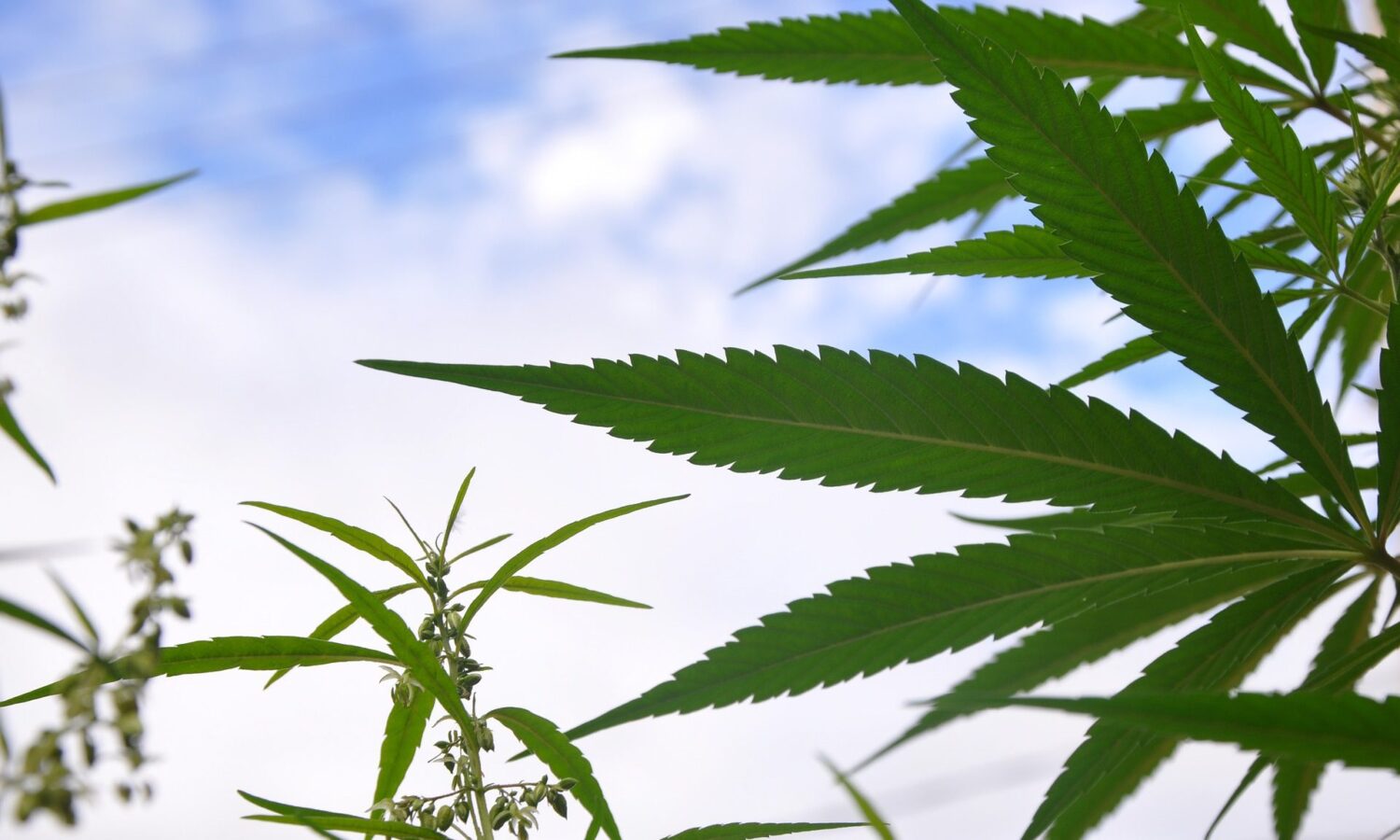Reps. Dave Joyce (R-OH) and Alexandria Ocasio-Cortez (D-NY) have reintroduced a bipartisan bill to encourage state and local governments to expunge marijuana records in their jurisdictions.
The lawmakers filed the Harnessing Opportunities by Pursuing Expungement (HOPE) Act on Tuesday, describing it as a necessary and bipartisan reform that would support ongoing clemency efforts.
The bill would incentivize states to provide relief to people with non-violent cannabis convictions through federal grants. The Justice Department would run the State Expungement Opportunity Grant Program, which would help cover the administrative costs of identifying and clearing eligible cases.
It proposes to appropriate $2 million in funding to support the program for each fiscal year starting in 2024 and ending in 2033.
Specifically, the grants could be used by states to purchase technology used to facilitate expungements at scale, automate the relief process, fund legal clinics to help people get their records cleared and support “innovative partnerships” to provide mass relief.
“The vast majority of petty, non-violent cannabis law violations take place on the state and local level, precluding millions of Americans from fundamental opportunities such as housing and employment,” Joyce said in a press release. “As both a former public defender and prosecutor, I understand firsthand how these barriers can negatively impact families and economic growth in Ohio and across the nation.”
Under the bill, state governors and local governments “shall submit to the attorney general an application at such time, in such manner, and containing such information as the attorney general may reasonably require” to qualify for the grants.
Further, the legislation would require the attorney general to carry out a study on the impacts of cannabis convictions on individuals, as well as the financial costs for states that incarcerate people over non-violent marijuana offenses.
Officials in jurisdictions that receive the grants would be required to “publish on a publicly accessible website information about the availability and process of expunging convictions for cannabis offenses, including information for individuals living in a different jurisdiction who were convicted of a cannabis offense in that jurisdiction.”
They would also need to “submit to the attorney general a report describing the uses of such funds, and how many convictions for cannabis offenses have been expunged using such funds.”
The proposal wouldn’t end federal marijuana prohibition, but it would help facilitate relief at the state level, where most cannabis arrests take place in the U.S.
“As we continue to advocate for the decriminalization and legalization of marijuana, this bipartisan bill will provide localities the resources they need to expunge drug charges that continue to hold back Americans, disproportionately people of color, from employment, housing and other opportunity,” Ocasio-Cortez said.
Joyce and Ocasio-Cortez first introduced the HOPE Act in 2021. While the standalone didn’t advance, it became a centerpiece of a package of cannabis reform measures that Senate Majority Leader Chuck Schumer (D-NY) worked on through the end of the last Congress.
“The HOPE Act promises just that: hope and a second chance for people suffering the lifelong consequences of a state-level marijuana possession arrest,” Morgan Fox, political director of NORML, said. “As more and more states are ending their failed policies of criminalizing marijuana consumers, it is incumbent on Congress to assist them in repairing the associated harms it helped perpetuate for decades.”
“This legislation is a great step toward righting the wrongs caused by prohibition and improving the lives of millions of people nationwide,” he said.
Anthony Lamorena, senior federal affairs manager at the R Street Institute, said the bill “will help provide the direct resources needed by states and localities to create and implement automatic expungement programs for cannabis offenses.”
“In the last Congress, the bipartisan HOPE Act dramatically expanded the political conversation about what is possible in cannabis policy reform, and now is the time to get it done,” Justin Strekal, founder of the Better Organizing to Win Legalization (BOWL) PAC, said.
“The resources made available by this bill would serve a multiplying effect, by incentivizing and supporting state and local expungement programs,” he said. “Expanding these programs means putting millions of Americans who have cannabis records on the path of employment, housing, and other needs to build stronger communities.”
(Disclosure: Strekal supports Marijuana Moment’s work through a monthly pledge on Patreon.)
President Joe Biden has also taken a special interest in cannabis clemency, granting a mass pardon for people who’ve committed federal marijuana possession offenses late last year while ordering an administrative review into cannabis scheduling.
Joyce also recently reintroduced another bill that’s designed to prepare the federal government for eventual legalization, directing the attorney general to create a commission charged with making recommendations on a regulatory system for cannabis that models what’s currently in place for alcohol.
On the Senate side, Schumer and colleagues have held early meetings with bipartisan members this session after failing to advance the so-called SAFE Plus package of marijuana expungement and banking reform legislation last year.
Sen. Cory Booker (D-NJ) said last week that he believes marijuana “compromise legislation” could be enacted along bipartisan lines this session. (Full Story)

